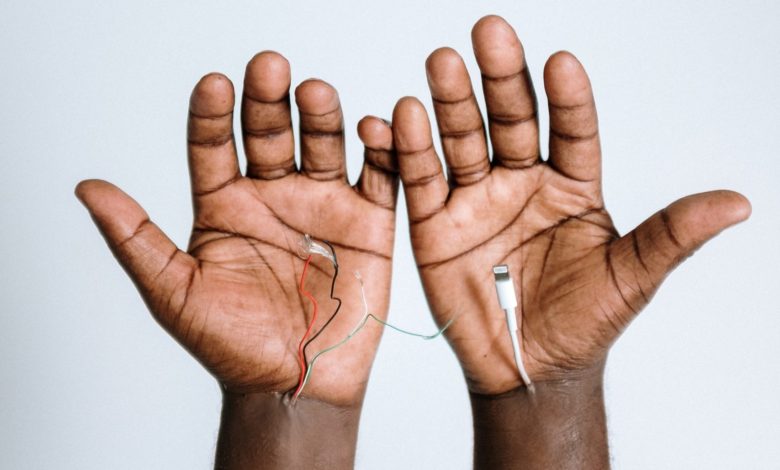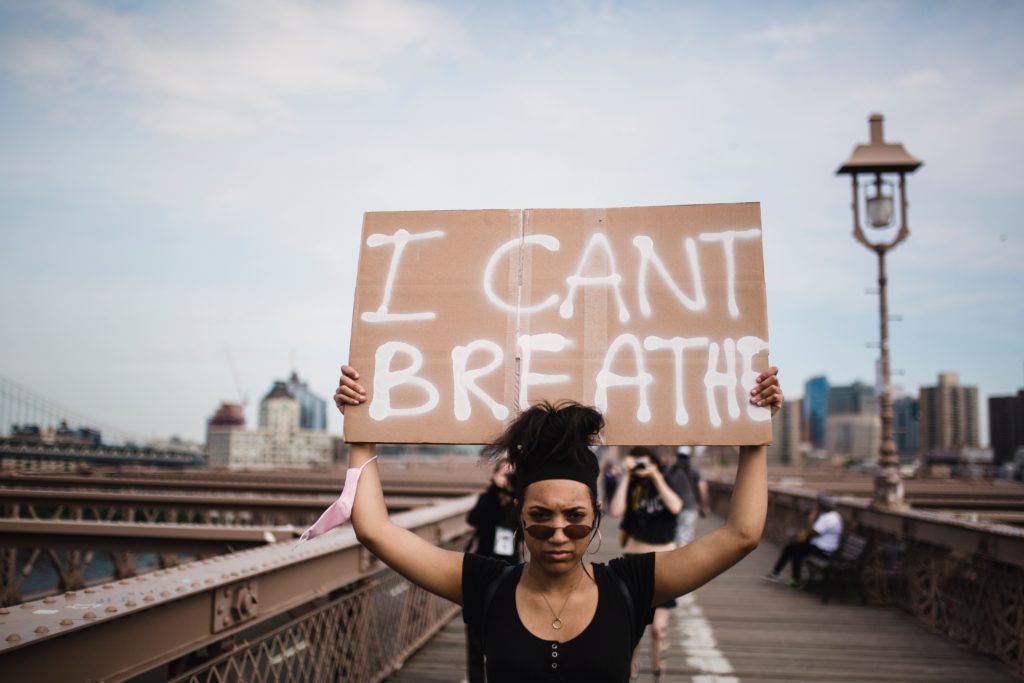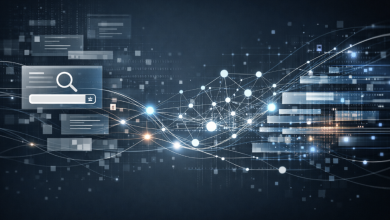
As the world’s nations grapple desperately to contain COVID-19, a pervasive and far deadlier virus has taken centre stage. Unlike COVID-19 however, the pandemic that is racism, cannot be contained through social distancing nor has it ever been met with the same united response as COVID-19.
Racism during COVID-19: two concurrent pandemics

On the 25th of May, George Floyd suffocated to death at the hands of the police as others watched on. Quite poignantly, as COVID-19 victims around the world struggle to breathe as they battle with the virus, systemic racism stole Floyd’s last breaths and ultimately his life. Similarly, with COVID-19 disproportionately impacting BAME groups, racial inequality is highlighted further.
Whilst Floyd’s life tragically came to an end, his final words, “I can’t breathe”, have lived on as a catalyst for change. Against the rules of lockdown, people across every US state and 16 countries have responded by taking to the streets and social media to condemn the killing of Floyd, those before him and systemic racism, in what are believed to be the largest protests of the civil rights movement in over half a century.
The sense that history is being written right in front of our eyes is overwhelming and technology’s hand in the situation is overwhelming.
Technology’s power for good
The introduction of lockdown measures in response to COVID-19 has brought about an unprecedented reliance on technology.
Offices across the globe packed up, relying on laptops to operate, families and friends kept in touch with loved ones through modern technology, services and events moved online, and social media usage skyrocketed.
With offices, cafes, and pubs closed, social media challenges have gone viral, raising millions for the NHS and spreading the clap for our heroes challenge which we all emotionally embraced each Thursday.
Technology and social media’s power to spread news, connect and mobilise people globally, has been demonstrated perfectly in the wake of Floyd’s murder and the ensuing global Black Lives Matter protests.
As Twitters, Instagrams, and Facebooks feed filled with anti-racism posts, the BLM hashtag went viral, racism books sold out online making Reni Eddo the first black British author to top the charts, millions signed online petitions and the Minneapolis freedom fundraised 20 million in 4 days.
Likewise, global companies and their respective CEOs joined the virtual chorus of condemnation, including Snapchat, Netflix, Intel Corp, Nike, and many more – raising millions in donations.
Technology’s darker side: Racism in Silicon Valley
Clearly technology is capable of great things, however, as we know all too well this is not always the case.
In fact, the issue of racism and modern technology is twofold.
Firstly and overtly is discrimination and racism within the Tech industry.
In 2012, Silicon Valley began disclosing their workforce demographics, however, despite this, there have been little improvements in the share of black employees within Big Tech.
For example, black employees account for less than 6% of Apple’s workforce. Of this small percentage of BAME tech workers, there have been countless reports of workplace discrimination and racism.
Technology’s darker side: Data-racism
The second and perhaps most frightening issue with modern technology, are the biases within tools and AI.
The modern technology, products and software, we use daily are often guilty of inbuilt prejudice as a result of biased AI and harmful algorithms.
For example, A US government report has shown that most facial recognition systems are racist, with another European study showing that such data-based techniques deployed by police have a discriminatory impact on racial communities.
Similarly, algorithms used on social media platforms are trained to show more of what you search or agree with, hence can promote racial and discriminatory content.
Anti-racism and tech
Modern technology and AI clearly poses a serious threat to equality.
When you consider that systems are designed and deployed by humans and often with discriminatory data sets, it is easy to see how vulnerable technology is to discrimination.
“Rubbish in, rubbish out” as they say in computing or “racism in, racism out”.
The belief then, that technology is neutral, is a serious threat to equality and as such, a greater level of vigilance is imperative.
Accountability from the tech industry
We must recognise that we live now in as much a digital world as the real world and with this, decision-makers and those who we hold accountable, must extend to within this digital space.
Consequently, leaders of the tech industry and those who operate in the tech industry, must take responsibility for and moreover, fight for ethical technology that does not perpetuate hate or discrimination.
Powerful examples of how tech CEOs have set a precedent to this effect include the resignation of Intel and Merck’s CEOs over racism and Trump’s failure to reprimand white supremacists.
The Algorithmic Accountability Act
After realising the detrimental effects of biased algorithms, congressional Democrats have now proposed a new bill aimed at combating harmful AI. The bill would make tech companies accountable, requiring them to determine if their algorithms are discriminatory and if so, correct them.
Legislation such as this is a great start and perhaps a glimpse to a better-regulated tech world. Continual conversations by lawmakers, decision-makers, tech giants and society as a whole, are paramount to a more equal future.
What now?
Finally, we all must be louder and more proactive when it comes to fighting injustice and achieving equality. Continue to learn. make it your responsibility to educate yourself on discrimination.
Pressure companies and government. Publicly and overtly condemn racism and discrimination of all forms. Refuse racist ads, ban accounts, report racism. Act today and every day for a racist-free future.



